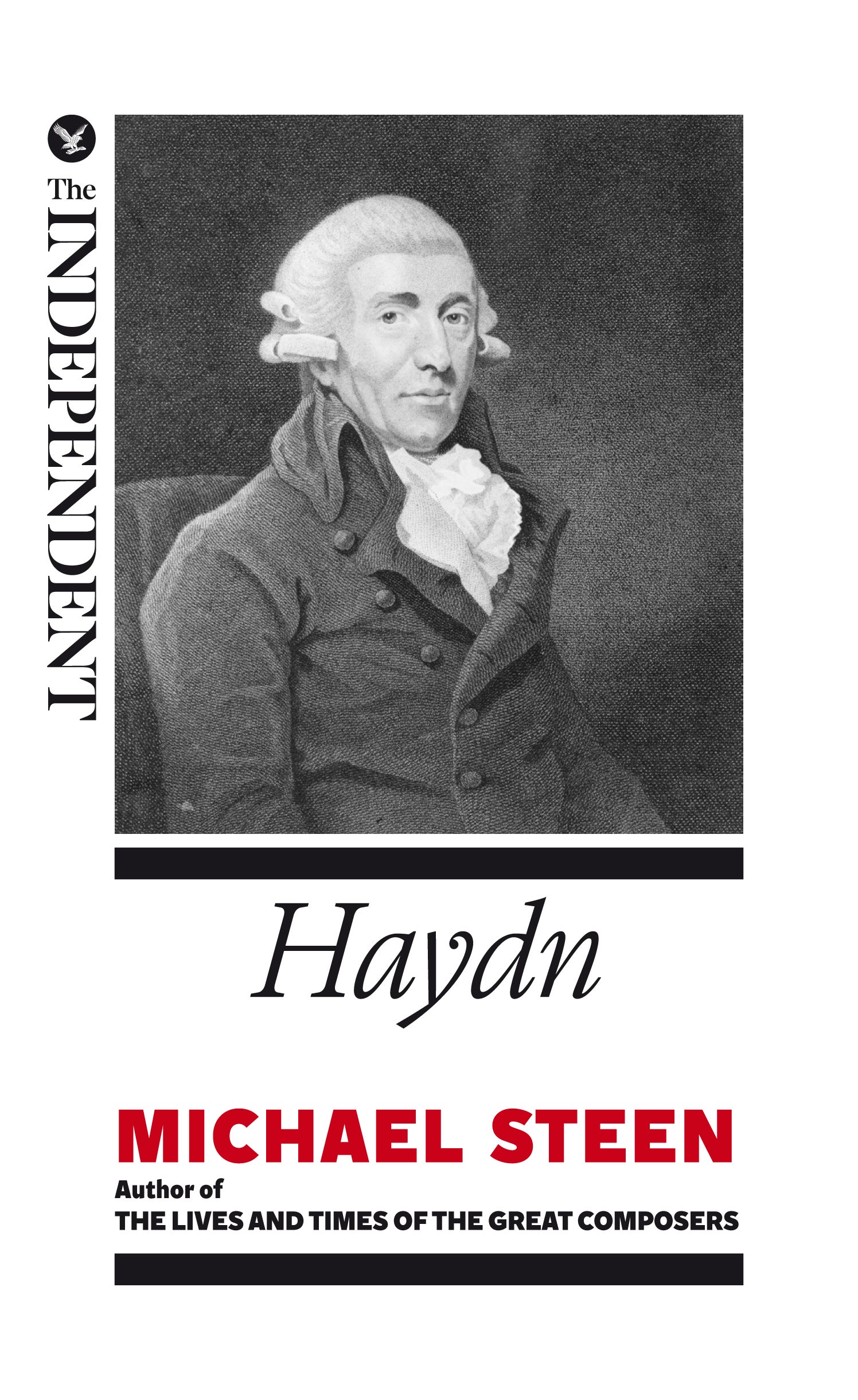The Independent's journalism is supported by our readers. When you purchase through links on our site, we may earn commission.
Haydn
Part of The Independent’s new eBook series The Great Composers, covering fourteen of the giants of Western classical music


Extracted from Michael Steen’s book The Lives and Times of the Great Composers, these concise guides, selected by The Independent’s editorial team, explore the lives of composers as diverse as Mozart and Puccini, reaching from Bach to Brahms, set against the social, historical and political forces which affected them, to give a rounded portrait of what it was like to be alive and working as a musician at that time.
Haydn's long life spanned the transition between the baroque and the classical. Though sometimes called the ‘father of the symphony’, in reality he elevated the genre to an unprecedented degree of sophistication; his 104 symphonies still enchant today. His contribution to the quartet was similarly immense; he transformed it into what was to become the most expressive form of Western instrumental composition. Of the 90 still extant, the great musicologist Hans Keller deemed 45 of them ‘absolutely flawless, consistently original master quartets’.
Haydn's vast output included opera (not much heard today), keyboard and chamber music, masses and two oratorios. Yet this amazing inventiveness was achieved, for the most part, in the 30 years he spent closeted away in the fabulously rich Esterhazy palace 30 miles outside Vienna. ‘There was no one near to confuse me, so I was forced to become original,’ he said later.
Michael Steen shows the young Haydn from his village beginnings becoming a chorister in Vienna, and his struggles when thrown on to the streets at seventeen, all played out against the backdrop of the glittering reign of Maria Theresa and the later upheavals of her son's reforms. From the relative security of the Esterházys' patronage, Haydn went on to become internationally famous, travelling twice to England. Friend to Mozart, teacher of Beethoven, Haydn died as Napoleon's troops rained down shells on Vienna.
£0.99
Join our commenting forum
Join thought-provoking conversations, follow other Independent readers and see their replies
Comments
Bookmark popover
Removed from bookmarks